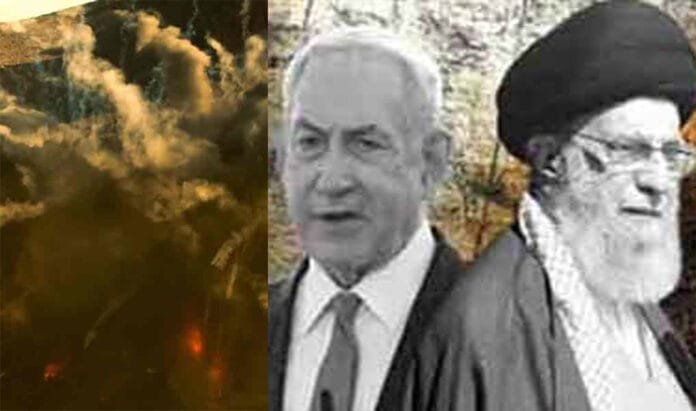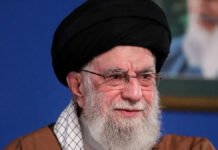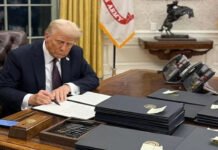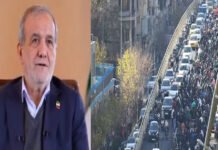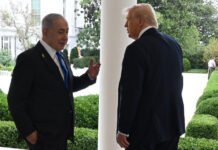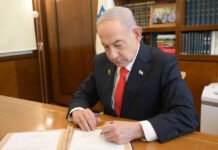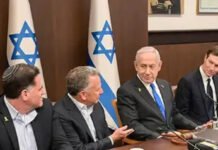In a series of events that have heightened tensions in the Middle East, Israel has openly accused Iran and its proxy, Hezbollah, of orchestrating an assassination attempt on Prime Minister Benjamin Netanyahu. The attack, carried out via a drone strike on Netanyahu’s private residence, signals a concerning escalation in regional hostilities. Israel’s Foreign Minister, Eli Cohen, has condemned the attack, calling out Iran for being the mastermind behind this violent act, carried out by Hezbollah agents. This incident further underscores the complicated web of geopolitical tensions involving Israel, Iran, and Hezbollah.
The Drone Attack on PM Netanyahu’s Residence
Unfolding of the Attack
On October 19, 2024, in the Haifa district’s Caesarea neighborhood, a drone targeted Prime Minister Netanyahu’s private residence. At the time of the attack, Netanyahu was not present at home, but the drone strike aimed directly at the area where his house is situated. Explosions were heard in the vicinity, alerting security forces who quickly identified the drone as a hostile threat. The residence, though heavily fortified, was not impervious to this attempted breach, signaling a bold move by those responsible for the attack.
Hezbollah’s Role in the Assassination Attempt
Hezbollah, a Lebanese militant group backed by Iran, has been directly implicated in the drone strike. Israeli intelligence and security officials have gathered evidence indicating that Hezbollah agents, acting on instructions from Tehran, planned and executed this drone attack. This is not an isolated incident; Hezbollah has long been considered a proxy for Iranian influence in the region, receiving funding, weapons, and strategic guidance from Tehran. By facilitating this assassination attempt, Hezbollah has proven once again to be a key player in Iran’s broader objectives to destabilize Israel.
Iran’s Denial and Israel’s Accusations
Iran’s Response to the Accusation
In a public statement, the Iranian regime has denied direct involvement in the assassination attempt, labeling Hezbollah as an independent organization capable of acting autonomously. However, Israeli Foreign Minister Eli Cohen has dismissed these denials, pointing to longstanding ties between Iran and Hezbollah, particularly in terms of financial support, training, and weapon supplies. Cohen’s statement reflects Israel’s conviction that Hezbollah does not operate independently but acts as an arm of Iran’s military and ideological agenda in the region.
Israel’s Stance and Retaliation
Prime Minister Netanyahu, in a stern statement following the attack, warned of severe repercussions for those attempting to harm Israel. He emphasized that Israel will continue its operations to ensure the safety of its citizens and to dismantle terror networks. Netanyahu vowed to rescue Israeli hostages from Gaza and to eradicate terror threats in the region, reaffirming Israel’s commitment to victory in its ongoing conflict.
This attack is seen as part of a broader Iranian strategy to target Israeli leadership, aiming to weaken the country’s resolve and disrupt its military operations. Netanyahu’s defiance in the face of such aggression signals that Israel is prepared to escalate its military actions if necessary.

